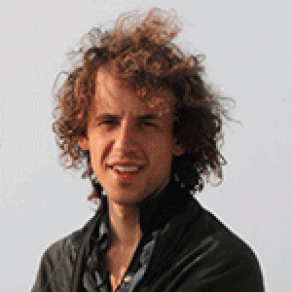Taking animal decisions seriously: the roles of culture and experience in the ecology and evolution of migratory behaviour by barnacle geese
Abstract: Arctic breeding birds are facing strong ecological changes along their migration routes, which requires them to adjust their strategies. What are the inheritance mechanisms of migratory behaviour, and how do they help or constrain species in changing it? Barnacle geese breeding on Spitsbergen face changes in food phenology along their staging sites. More than forty years of observations in the UK, along the Norwegian coast and on Spitsbergen show a clear response in migratory behaviour. We designed individual-based models to simulate different potential ways in which geese might develop and adjust their migratory behaviour. Using Approximate Bayesian Computation methods, we compared the resulting simulations with the actual patterns that emerge from bird counts and mark-recapture analysis of ring readings. The results suggest that group-decisions are crucial to explain the observed behavioural changes, and that older individuals lead groups, informing their decision by individual experiences. Young geese change strategy more often than older geese. This does not seem to result from a higher tendency to explore, but from a stronger tendency to switch between groups. In other words, it looks like barnacle geese have an advanced cultural system that allows them to respond to trends in environmental conditions spanning several generations.
We also had interesting discussions about other aspects of animal culture, learning, migratory behaviour and ecology and evolutionary biology.

